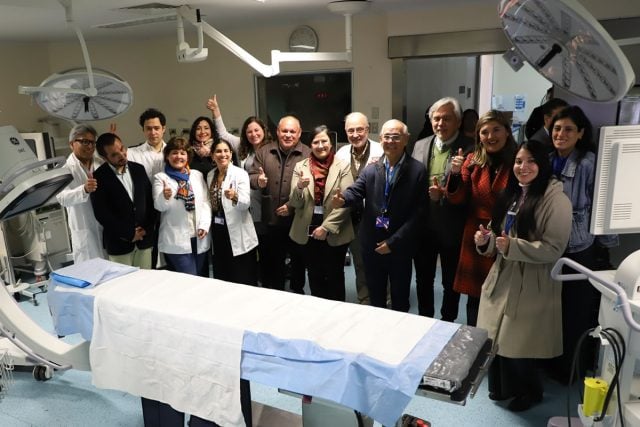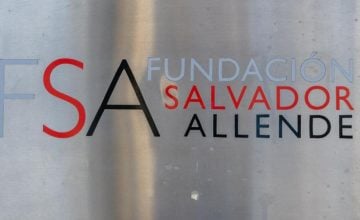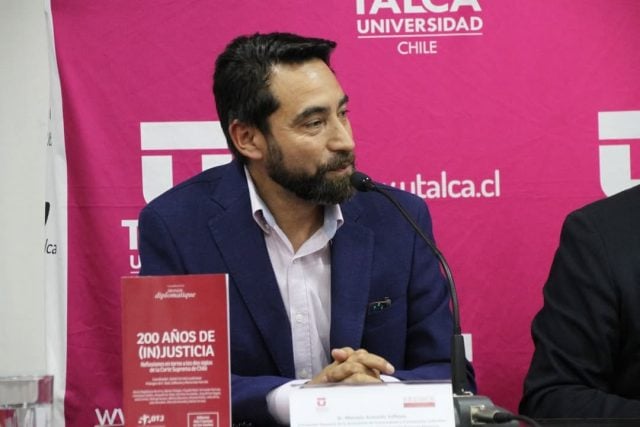Amid campaign noise and shifting numbers, Matías Acevedo — former Budget Director during Sebastián Piñera’s second government — sought to ground the debate in data and fiscal prudence. He framed his assessment with two clear lines: «Chile is not a terminal state» and «we are not a bankrupt country«, he said on Al Pan Pan con Mirna Schindler from El Mostrador.
Piñera’s Former Budget Director: Get the Numbers Right, Turn Down the Rhetoric
Before labels and slogans, Acevedo — a macroeconomist and public-sector modernization expert — laid out the basic math: how much the central government workforce actually grew. On that point, he noted: «My own side may scold me, but I have to call it as it is. It’s the lowest since Michelle Bachelet’s first term«.
He then pinned down the figure fueling recent debate: the central government increase is 27,700 employees — not 100,000 as José Antonio Kast claimed. «Two-thirds of those 100,000 are in municipalities. That’s the fact«.
For the former Piñera Budget Director, this debate «has been repeated endlessly in the heat of a presidential race» and demands rigor with sources.
Acevedo challenged the viral comparisons and defended the country’s institutional track record. First, the principle: «Chile is a serious country — it’s recognized internationally for that — and we all need to take care of it.» Then the contrast with more extreme diagnoses, like Kast’s «rotten state» line: «I think that’s a mistaken diagnosis. Chile is not Argentina. Chile is not Bolivia. Chile is a serious country with strengths and weaknesses. The state has room to be more efficient, but by no means do I believe it’s a terminal state.»
Massive cuts: promises that will «collide with reality»
On the far right’s proposals for sweeping cuts to the public sector, Acevedo focused on feasibility, not slogans. With that in mind, he warned: «They will collide with reality, because they won’t find 100,000 redundant employees or all spending badly targeted. They will find efficiency opportunities — like the ones we identified in the Public Spending Commission — but not a state falling to pieces.»

Debt «highly sustainable», IMF and an «A» rating: external temperature check
To back up that Chile is not bankrupt, Acevedo pointed to fresh external signals: «The International Monetary Fund just ratified a financing line for the Central Bank and says Chile’s debt is sustainable. Not only sustainable — it says it’s highly sustainable.»
He added a second gauge: «A country supposedly falling apart… just had its risk rating reaffirmed at A. That’s a solid rating.»
In his view, political agreements — such as progress on pensions — also count: «the ability of the government and the entire opposition to strike a pensions deal» is part of what ratings agencies reward.
The conversation ended where it began: improving management doesn’t require inflaming the diagnosis. As Acevedo put it: «We’re not a bankrupt country, but one with strong institutions and a state that works.»
*Featured image: Universidad de los Andes.










